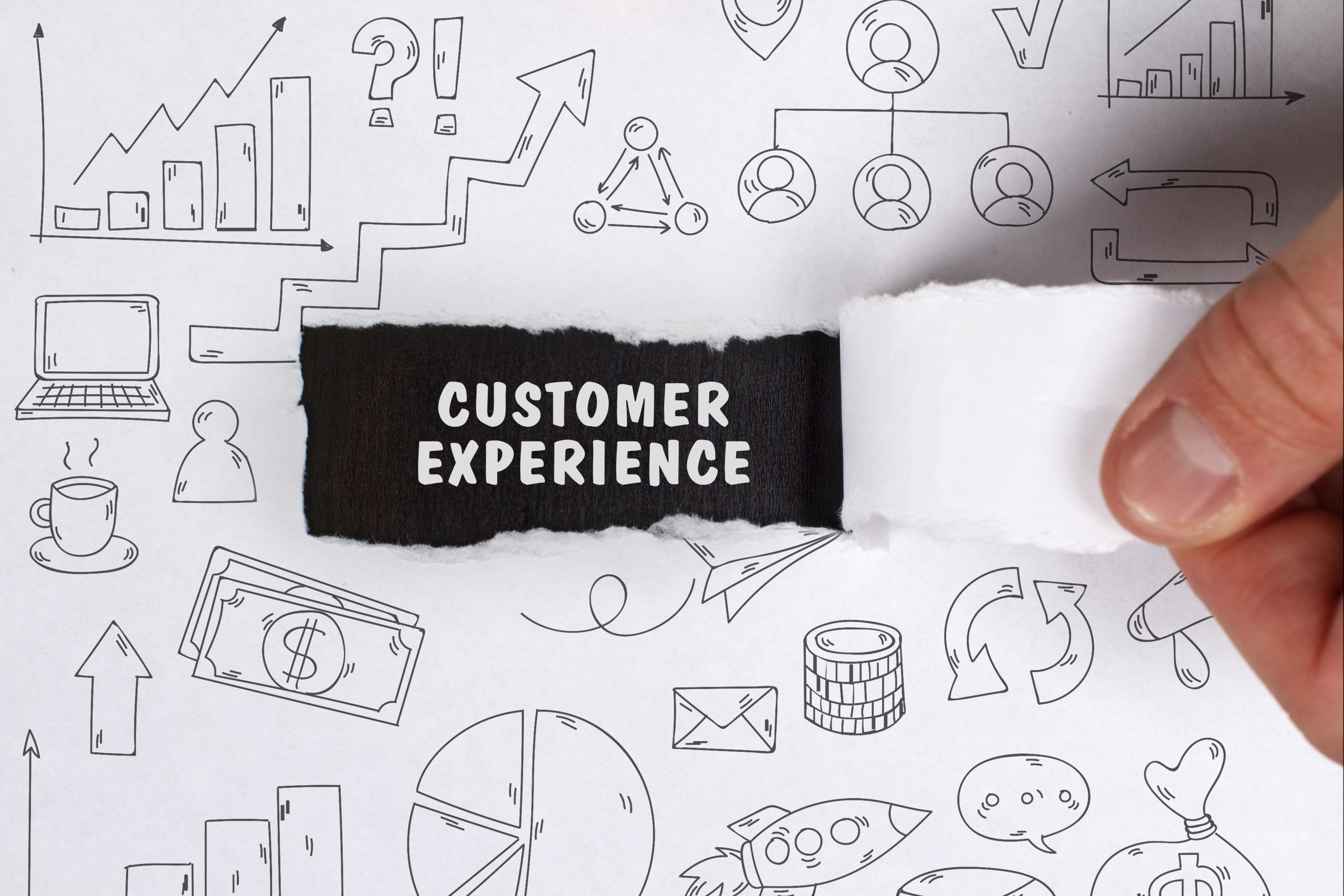Business leaders in 2022 will need to be heavily focused on improving their customer experience (CX) strategies if they hope to succeed.
In order to thrive in a post-pandemic world and adapt to the changes the coronavirus has brought about, businesses will need to leverage the resources and solutions available to them. Only then can they overcome the challenges of building deeper connections and relationships with their customers.
In this blog, we will cover some of the fundamentals of customer experience and three useful tips for creating a successful CX strategy for your business.
What is a Customer Experience Strategy, and Why is it Important?
Customer experience (also referred to as CX) describes your customers’ interactions and experiences with your business from the first interaction to becoming a loyal and happy customer. Customer Experience and Customer Service are not the same thing. Customer service (the assistance offered to customers before and after they purchase a product) is only one part of the customer journey, whereas CX encompasses the entire customer journey.
In a nutshell, a customer experience strategy describes your company’s approach toward creating the best customer experience possible for your business’s current circumstances.
A positive customer experience is an integral part of Customer Relationship Management (CRM) because it increases the chances of repeat and loyal customers. Businesses increasingly recognise that their customer experience can differentiate them from their competitors. Unlike price or product range, which only win over customers for as long as you can keep up with or beat your competition, customer experience helps you build strong, long-lasting relationships with customers.
According to research, customers not only make purchase decisions based on customer experience, but they are also willing to pay more for a good experience, and even forgive mistakes made by companies they are loyal to.
Three Tips for Creating a Good Customer Experience Strategy
Always be Prepared
Research and preparation should be the first step in most projects you undertake, and your customer experience strategy is no different. You will need to conduct thorough research into your target market to ensure that your strategy is targeted at the right audience.
Focus your research on three main areas:
- Customer Personas – You are theoretically inventing someone who represents your ideal customer. The customer persona can represent customers you would like to acquire as well as customers you currently have. You need to understand your customers’ demographic profiles, behaviours, needs, wants, motivations, and pain points to ensure your strategy enables you to connect with them. To start creating personas, you should conduct customer interviews and analyse your data to derive meaningful insights relating to various customer types.
- Empathy Mapping – Empathy maps help businesses better understand customer needs. With this approach, teams can build a complete picture of the customer and what actions they might take based on their beliefs, emotions, and behaviours. To make sense of the customer’s experience and preferences, empathy mapping uses the four quadrants of ‘think’, ‘feel’, ‘say’, and ‘do’.
- Stakeholder Mapping and Management – A stakeholder management process entails understanding the attitudes of stakeholders before making changes to how you do things. The purpose of stakeholder planning is to know what stakeholders need and wish to see, how to influence them, what risks may occur, who is important to inform about changes, and who might have a negative impact on the change you are planning.
Create an Emotional Connection with Your Customers
A competitive market requires you to have strong relationships with your potential customers before they make a purchase decision. This isn’t easy. The process of building a relationship with clients and maintaining it naturally happens, but connecting with new clients requires more effort. It takes an emotional connection before a lead decides to make a purchase. Once they become a customer, that emotional connection only gets stronger. An emotional bond is the most valuable part of customer loyalty and will help improve your customer retention.
Regularly Optimise the customer journey
The entire customer journey must be considered when creating a great customer experience. Understanding the entire interaction with the customer and how it is received at every touchpoint is crucial. You need to monitor your current strategy and keep note of what is working and what isn’t. You can then adjust your strategy where necessary to ensure that your CX strategy is delivering the desired results.
Focusing on the customer’s journey, and identifying problems within it, can help create a better customer experience. Additionally, this allows your teams to brainstorm ideas to improve business relationships, reduce friction, and increase growth.
At Customer Perceptions, we have over 25 years of experience in providing market research solutions to enhance our clients’ customer experience, gain insights into their competitors, increase their customer retention, monitor their standards, and increase their sales and revenue. Contact us today for a reliable solution to improving your business operations and customer experience strategies.



